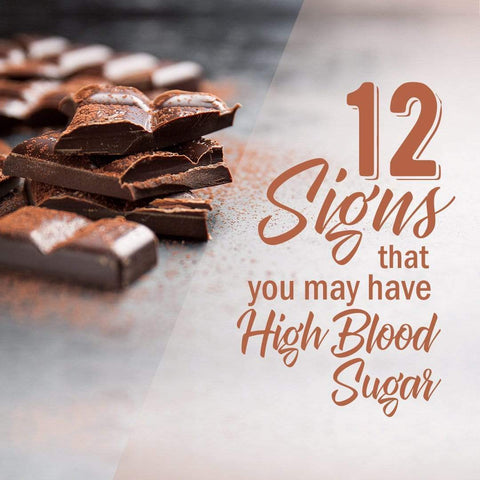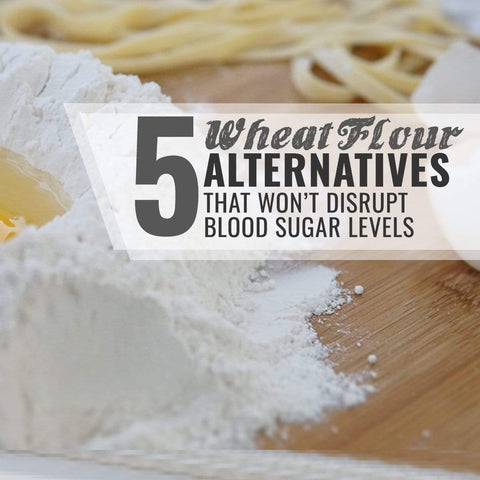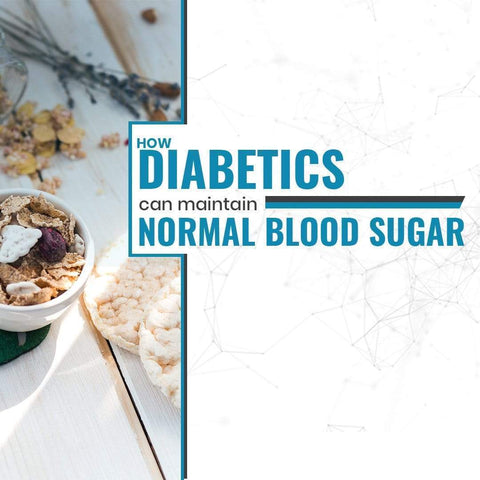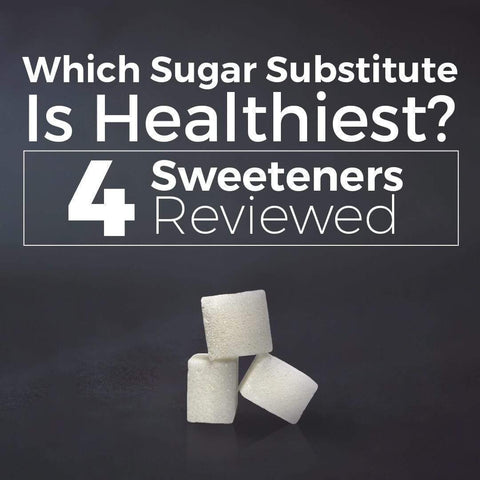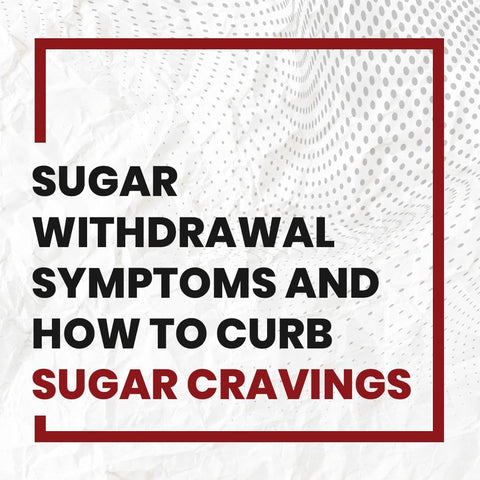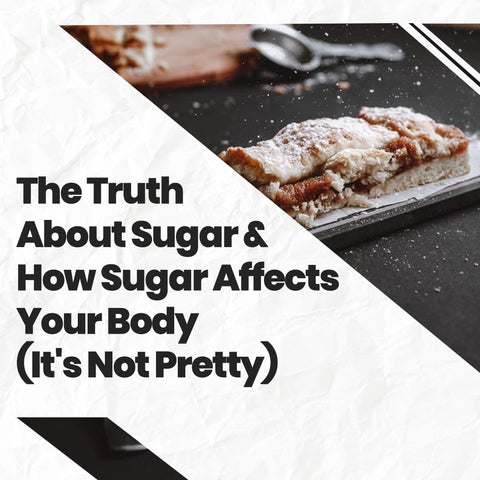
Do you have a sweet tooth?
If you find yourself with your hand in a cookie jar or opening your fifth pack of candy for the day, you are probably plagued with sugar addiction. But fear not, you are most certainly not alone.
Even if you’re not into sweet treats themselves, don’t forget the other not-so-obvious sources of sugar, such as your morning latte and bowl of cereal. You might even be consuming more than the recommended daily sugar intake before you leave your house for the day.
Let’s discuss the effects this can have on your life and how to stop sugar addiction in its tracks.
Why You Crave Sugar and What It Means
If you find yourself craving sugar, it may not actually be your fault.
There is actually an evolutionary origin of eating for pleasure. Food has something called energy density. This means the number of calories per amount of food. For example, a food with high energy density has a lot of calories in just a small amount of food. Foods with a high energy density tend to taste better.
Did you know that humans are often addicted to sugar from childhood? Even toddlers and babies crave fruit before their parents feed them foods high in added sugar. The reason we often crave sugar is because we are going through withdrawal. Sugar addiction and consumption is a vicious cycle.
First, you eat something high in sugar. This causes your blood sugar levels to spike. In response to this, your pancreas releases insulin. You then have high blood sugar and high blood insulin. The insulin helps your blood sugar to drop. Now that insulin has done its job, its levels in the blood drop as well. Once your blood sugar and insulin levels have dropped, your body goes through a “sugar crash,” and you begin to crave that sugar high.
Your appetite increases, confusing the body’s hunger cues. Your body feels like it needs more food, so you eat sugar again. This cycle repeats several times throughout the day. Each and every time you consume sugar, dopamine is released, the addiction hormone. Sugar truly is an addictive substance.
Side Effects of Excess Sugar

Remember, sugar is full of empty calories. Sugary treats are often lacking in healthy vitamins, fiber, and enzymes to help us digest our food. Certain vegetables can have the same number of calories as a sweet treat, but be chock-full of healthy nutrients.
Sugar increases your risk factors for cardiovascular disease, such as high blood pressure. Too much sugar can increase something called platelet adhesiveness, which means the ability of red blood cells to form clots. This then increases the risk of heart attack and stroke. Excessive sugar intake can also lower HDL, which is the good form of cholesterol. This throws off our body’s ratio of good and bad cholesterol, increasing the risk of heart disease.
Infections love sugar. They feed off it, especially fungal and bacterial infections. This means that you’ll want to avoid sugar, especially if you are prone to yeast infections, ear infections, or urinary tract infections. Sugar also decreases your body’s immune response, so once you are exposed to an infection your body will have a harder time fighting it.
Infections love sugar. They feed off it, especially fungal and bacterial infections. This means that you’ll want to avoid sugar, especially if you are prone to yeast infections, ear infections, or urinary tract infections. Sugar also decreases your body’s immune response, so once you are exposed to an infection your body will have a harder time fighting it.
Excessive sugar intake leads to increased risk of dental cavities. A bacterium called streptococcus mutans feeds off sugars such as glucose, fructose, lactose, sucrose, and maltose. This bacterium then produces acids, which demineralize tooth enamel.
Sugar is also known to be pro-inflammatory. Inflammation is the basis of many types of disease, including digestive upset, joint pain, respiratory issues, skin irritation, and autoimmune conditions (such as lupus and rheumatoid arthritis).
The impact of excessive sugar consumption on your body is limitless. It can also negatively impact digestion, lead to increased body fat, and cause acne breakouts and skin irritation.
How to Curb Sugar Cravings

The best way to curb sugar cravings is to avoid those quick spikes and drops in blood sugar and insulin. We want a slower rise in blood sugar and insulin to prevent a steep crash.
One way to do this is by combining healthy protein and fats with sugar or carbohydrates. This helps the body to process sugar in a healthier, more controlled manner. For example, if you have an apple (which is actually fairly high in sugar), combine it with a nut butter such as almond or cashew butter. If you eat crackers (very high in carbohydrates), then spread some hummus on each one. If you start your day with a bowl of oatmeal, sprinkle some walnuts or almonds on top.
Another sugar hack is to add cinnamon to your food in the place of sugar. Cinnamon actually has a molecular structure that is similar to sugar. This tricks our bodies into thinking we are consuming something sweet when in reality, cinnamon actually helps to lower blood sugar levels.
Another sugar hack is to add cinnamon to your food in the place of sugar. Cinnamon actually has a molecular structure that is similar to sugar. This tricks our bodies into thinking we are consuming something sweet when in reality, cinnamon actually helps to lower blood sugar levels.
6 Sugar Withdrawal Symptoms
Sugar withdrawal, or a sugar crash, can be characterized by the following symptoms:
- Headaches
- Fatigue
- Mood swings
- Brain fog
- Depression
- Anxiety
Frequently Asked Questions
1. Why is sugar bad for you?
Sugar is bad for you because of the quick spike and drop it causes in blood sugar and insulin. The negative consequences of sugar also stem from the fact that it is pro-inflammatory. Sugar is also fuel for yeast and bacteria, so it feeds infections
2. Can too much sugar give you a headache?
Yes, too much sugar can give you a headache, but not necessarily right away. Immediately after eating lots of sugar, you won’t feel too bad. In fact, you might actually feel good. It’s when you get the sugar crash afterwards that you will feel a headache as a withdrawal symptom.
3. Why is sugar addictive?
Sugar is addictive because it causes blood sugar and insulin to rise very quickly and then drop very quickly. Our bodies want to bring these levels back up, so we crave sugar and eat it again. This is how the vicious cycle begins.
4. Why does sugar make you fat?
When you eat sugar, your body releases insulin. This release of insulin signals the body’s tissues to take up sugar into their cells. If you are addicted to sugar, the cells will be full of sugar. So instead, sugar will be converted into fat and stored throughout the body.




